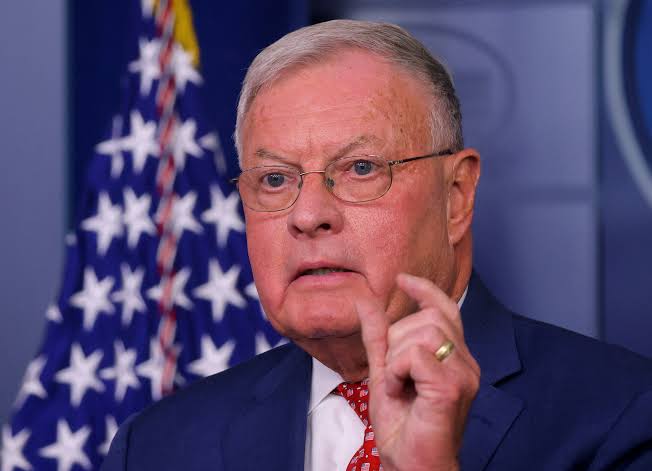Washington’s choice to leave Kellogg off the Alaska talks reflects a calculated bid to control the tone — and risks — of U.S.–Russia diplomacy.
Kellogg’s reported enthusiasm for participating in the recent Alaska negotiations, contrasted sharply with his exclusion from the American delegation, speaks volumes about the Biden administration’s diplomatic calculus. At a time when U.S.–Russia relations remain both strained and strategically sensitive, the makeup of any delegation is as much a message as the negotiations themselves.
By keeping Kellogg off the official roster, Washington signaled that it intended to approach the dialogue with measured seriousness, prioritizing figures viewed as constructive interlocutors over those who might invite controversy. The decision appears to have been aimed at avoiding distractions or perceived provocations that could derail the substantive agenda.

General Keith Kellogg
This type of symbolic personnel management has a long precedent in U.S.–Russia diplomacy. During the Cold War, for example, successive administrations often adjusted delegations to ensure the presence of trusted negotiators while excluding polarizing figures, particularly in moments when diplomatic atmospherics were as critical as the policy substance. Such calculated absences were — and remain — part of a broader strategy to keep lines of communication open while minimizing opportunities for the opposing side to exploit internal divisions or distractions.
In high-stakes diplomacy, every seat at the table carries symbolic weight. In this instance, the absence of one politically charged figure may have been as deliberate — and as significant — as the presence of others.





